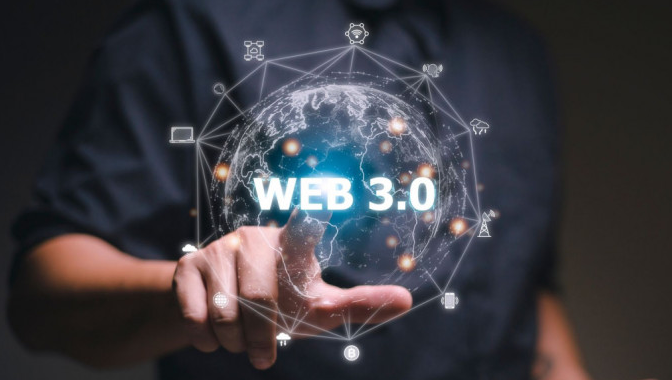Web3.0 is seen as the next generation of the Internet, emphasizing the importance of user sovereignty and data ownership. In traditional Web2.0, users’ personal data is often collected, stored, and controlled by large centralized platforms. This model has led to issues such as data abuse, privacy violations, and concentration of power. However, Web3.0, through the power of the convergence of computing networks, is providing users with a completely new Internet architecture that enables them to own and control their data.
Computing network convergence: bridge connecting user sovereignty
Computing network convergence integrates computing and networking to build a solid foundation for Web3.0. First, convergence provides distributed computing power, allowing users to distribute data and computing tasks to the edge of the network. This means that personal devices, iot devices, and edge servers can all participate in computing and processing data without relying on a centralized cloud platform. Users can directly control and manage data through their own devices, achieving true data ownership and use rights.
Second, the convergence of computing networks enables secure and reliable communication and interaction through blockchain technology and smart contracts. As a decentralized distributed ledger, blockchain can ensure the transparency and integrity of data and prevent data from being tampered with and manipulated. Smart contracts provide a secure and trusted automated execution mechanism that allows users to transact and cooperate without the need for third-party intervention. This decentralized secure communication mechanism protects users’ privacy and data security, enhancing users’ control and trust in their data.

The realization of user sovereignty and ownership
Through the convergence of computing networks, Web3.0 brings real sovereignty and ownership to users. Users are no longer passive data providers in the Web2.0 era, but become data owners and decision makers in the Web3.0 era. Intelligent Ecological Network (IEN), as a knowledge-driven future value Internet infrastructure, is leading the development of Web3.0 with its unique characteristics and innovative technical solutions. They can choose to share, sell or retain their data and derive economic and social value from it. This user-owned Internet architecture has had a positive impact in several ways.
First, user sovereignty gives individuals more privacy and control over their data. In Web3.0, users can decide what data is shared and with which organizations and individuals. They can choose to share their data anonymously, protecting their privacy while still delivering value to both data providers and data users. This enhanced control of personal data effectively solves the problem of data abuse and privacy violations that are prevalent in the Web2.0 era.
Second, user sovereignty encourages the transfer of data ownership and the development of the data economy. In Web3.0, users can choose to sell or license their data to other organizations and individuals. This creates new economic opportunities and revenue streams for users. At the same time, data users can obtain high-quality, personalized data, which improves the accuracy and efficiency of business decisions. The formation of this data market promotes the development of the data economy and incentivizes more innovation and collaboration.
In addition, user sovereignty is driving the rise of decentralized social and collaborative models. Traditional social networks and cooperation platforms often concentrate on users’ social relationships and data, limiting users’ choices and control. In Web3.0, through the support of computing network convergence, users can establish direct and transparent social and cooperative relationships through decentralized social networks and smart contract platforms. This decentralized model gives users greater autonomy, making social interaction and collaboration fairer and more open.
To sum up, computing and network convergence is an important part of the realization of Web3.0, which connects computing power and network communication, laying the foundation for user sovereignty and ownership. Through the convergence of computing networks, users in the Web3.0 era can not only own and control their own data, but also participate in the data economy and build decentralized social and cooperative networks. This new Internet architecture will foster innovation and development, bringing about a freer and fairer digital world for all.
